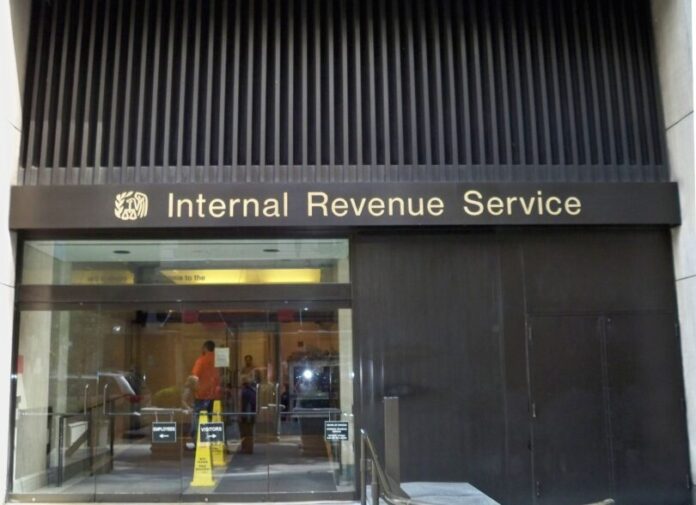
By Stacy M. Brown, NNPA Newswire Senior National Correspondent
As the April 18 deadline to file 2022 income taxes arrives, many African Americans share their experiences with the Internal Revenue Service (IRS).
Some have said that filing their taxes was hard and they ran into problems, while others were happy with the process.
Recent statistics show that African Americans comprise a large share of taxpayers in the United States.
However, many still need help navigating the complex tax system and dealing with the IRS.
One common issue African American taxpayers report is difficulty accessing tax services and resources.
Many live in areas that need access to qualified tax professionals, making it harder for them to file their taxes accurately and on time.
This can lead to costly mistakes, late fees, and other penalties.
Many have reported experiencing discrimination and bias while dealing with the IRS.
Such actions can come in many forms, such as being audited unfairly or getting less help than other taxpayers.
A recent study confirmed that Black Americans are three to five times more likely to face an IRS audit when compared with other taxpayers.
Evelyn Smith, an economics graduate student at the University of Michigan and visiting fellow at Stanford University’s RegLab, told CNBC that the audit rate differences seem to be driven by the agency’s focus on “low-dollar, high-certainty cases.”
Specifically, the study examines audits of filers claiming the earned income tax credit, a tax break for low to moderate earners.
The credit is refundable, meaning eligible filers can receive it even with zero taxes due.
The findings show Black filers claiming the earned income tax credit were more likely to be audited than non-Black filers claiming the same credit.
“It’s a type of audit that the IRS does a lot,” Smith told the network.
“It’s cheap, it’s easy to perform and Black taxpayers get caught up in that disproportionately relative to non-Black taxpayers.”
Those facts have proven discouraging for African American taxpayers, who already have to deal with systemic racism and discrimination in other parts of their lives.
Despite the problems, many still have found ways to deal with the tax system and file their taxes successfully.
Some have sought free or low-cost tax preparation services provided by community organizations or the IRS.
Others have relied on online tax software and resources to file their taxes independently.
Those who have had positive experiences with the IRS emphasize the importance of being organized, keeping good records, and staying on top of tax deadlines.
They also say to find tax professionals or resources early on to ensure the filing process goes smoothly and without stress.
Overall, the experiences of African Americans with the IRS show that the tax system needs to be fairer and easier to use.
“Taxpayers of all backgrounds should have access to high-quality tax services and resources, regardless of where they live or their income level,” Alton Moore, a tax preparer and accountant, insisted.
“The IRS should get rid of bias and unfair treatment so that all taxpayers are treated equally,” Moore asserted


